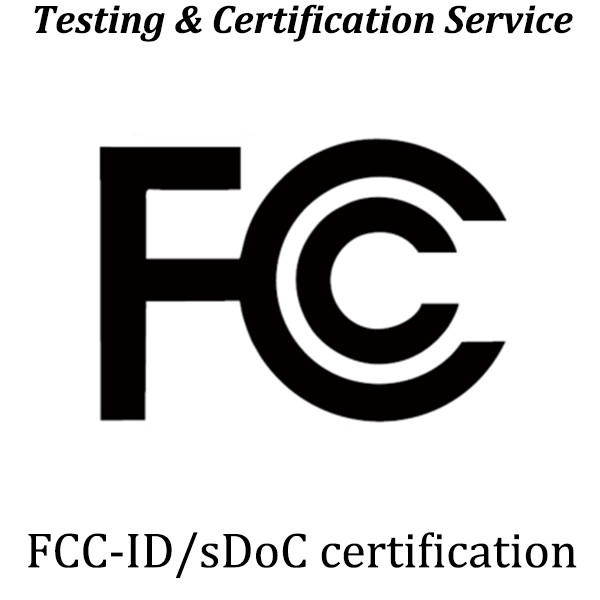Shenzhen LCS Compliance Testing Laboratory Ltd. |
|
Verified Suppliers
|
|
Certification introduction
The full name of FCC is Federal Communications Commission, and
Chinese is the Federal Communications Commission of the United
States. Established in 1934 by COMMUNICATIONACT, it is an
independent agency of the U.S. government and is directly
responsible to Congress. The FCC coordinates domestic and
international communications by controlling radio broadcasts,
television, telecommunications, satellites and cables. Involving
more than 50 states in the United States, Colombia and the United
States, in order to ensure the safety of radio and wire
communication products related to life and property, the FCC's
Engineering and Technology Department is responsible for the
technical support of the committee and is also responsible for
equipment approval matters. Many radio application products,
communication products and digital products require FCC approval to
enter the US market.

Certification type
The US Federal Communications Commission (FCC) merged DoC and
Verification into SDoC (Supplier's Declaration of Conformity) on
November 2, 2017. SDoC certification will replace the FCC
Verification and DoC certification procedures. All equipment
applicable to the FCC Verification and DoC certification procedures
will SDoC certification procedures can be adopted.
FCC divides the types of electronic products into two different
certification methods: FCC SDoC and FCC ID (Certification). The
former is suitable for ordinary products without wireless
functions, and the latter is suitable for products with wireless
functions.
FCC Common Standards
As follows, among which FCC PART 15 and PART 18 are the most widely used:
FCC standard scope of application
FCC PART15 C/E/F Intentional radiating device testing
FCC PART 18 Industrial, Scientific and Medical Equipment
FCC PART 22 Public Mobile Communications Services
FCC PART 24 Personal Communications Services
FCC PART 25 Satellite Communications Services
FCC PART 27 Other FCC Wireless Communications Services
FCC PART 68 Telecommunications Terminal Equipment
FCC Part 15 regulates intentional, unintentional or transient emission devices that do not require a personal license for use. It includes technical specifications, administrative requirements and other market access conditions. Products are mainly divided into four categories: unintentional transmitting equipment, intentional transmitting equipment, personal communication equipment that does not require a license, and basic information equipment in countries that do not require a license.
FCC Part 18 regulates the electromagnetic energy emitted by industrial, scientific, and medical equipment (ISM) operating in certain frequency spectrum to avoid harmful interference to authorized wireless communication services.
application process
1. The customer submits the application form to the testing agency;
2. The customer prepares testing samples (wireless products require
frequency fixing machine) and provides product information (see
information requirements);
3. The testing agency issues a draft report, the customer confirms
it, and issues a formal report;
4. If it is FCC sDoC, the project is completed; if it is applying
for FCC ID, submit the report and technical information to TCB;
5. TCB will issue an FCC ID certificate after completing the
review, and the testing agency will send a formal report and FCC ID
certificate;
6. After an enterprise obtains FCC certification, it can use the
FCC mark and related Statement on its products;
Note: Manufacturers applying for FCC ID certification for the first
time need to register FCC-FRN with the FCC to establish an
application company file. The certificate issued after the TCB
review is completed will have an FCC ID number. Usually the FCC ID
is composed of "Manufacturer Code (Grantee code)" + Composed of
"Product code".
Manufacturer code: a three-digit number or capital letter, issued
directly by the FCC;
Product code: It is composed of numbers, letters, and "-", but two
or more consecutive "-" cannot be used, and "-" cannot be used in
the first and last digits. The maximum number of digits in this
code does not exceed 14 digit, the number can be customized by the
customer.
Application materials
1. User manual
2. Block Diagram
3. Circuit principle description Operation Description
4. Circuit schematic
5. RF modulation method RF modulation
6. Rated Power Declaration
7. Application form TCB Form 731
8. Authorization letter POA
9. FCC Confidential Letter